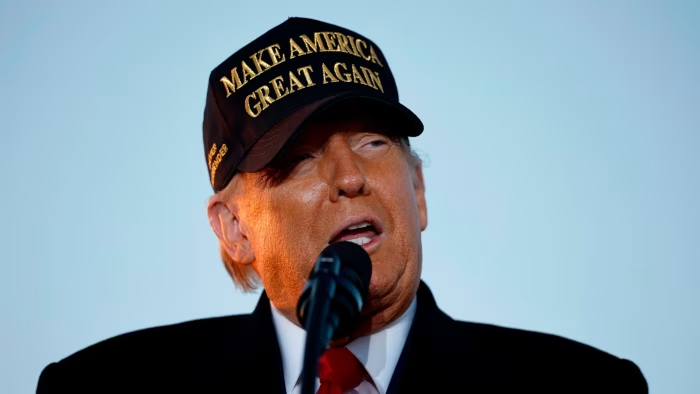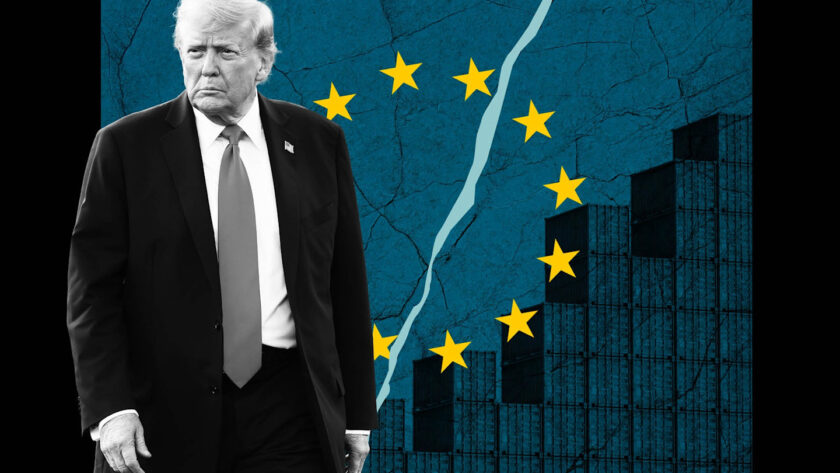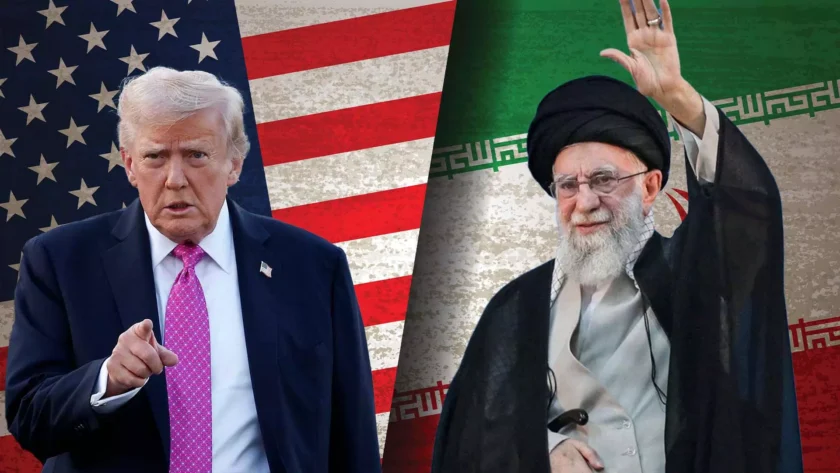Washington / New Delhi : U.S. President Donald Trump has once again reiterated his claim that India has agreed to end its crude oil imports from Russia, warning that if New Delhi fails to comply, “massive tariffs” on Indian goods will continue. Speaking to reporters aboard Air Force One, Trump said he had spoken to Prime Minister Narendra Modi, who allegedly assured him that India would stop buying Russian oil — a claim that India had publicly denied last week.
“I spoke to Prime Minister Modi, and he said he wouldn’t do it,” Trump told reporters. When reminded that India had refuted any such conversation, Trump responded sharply, “Then they’ll keep paying massive tariffs, and they don’t want that.”

The U.S. president’s remarks come amid increasing American pressure on countries trading with Russia, especially in the energy sector. Washington argues that buying Russian oil indirectly supports Moscow’s war in Ukraine. The United States currently imposes up to 50% tariffs on exports to India, the highest among major trading partners, including a 25% penalty for trade involving Russia.
Trump’s renewed warning has reignited diplomatic speculation about Washington’s future approach toward New Delhi, which has continued purchasing discounted Russian crude despite Western sanctions. India maintains that its oil imports are guided by national interest and energy security, not external pressure.

This latest episode marks yet another instance of Trump’s unpredictable diplomacy toward India. The U.S. president has previously claimed that he prevented “at least 35 wars” between India and Pakistan, a statement widely viewed as exaggerated.
Political analysts suggest that while India may choose to ignore Trump’s rhetoric, Indian-American groups in the U.S. could play a larger role in countering anti-India narratives ahead of the next presidential election.
For now, New Delhi has neither confirmed nor denied any recent communication between the two leaders, but officials reiterated that India’s foreign policy decisions remain sovereign and based on “strategic autonomy.”









